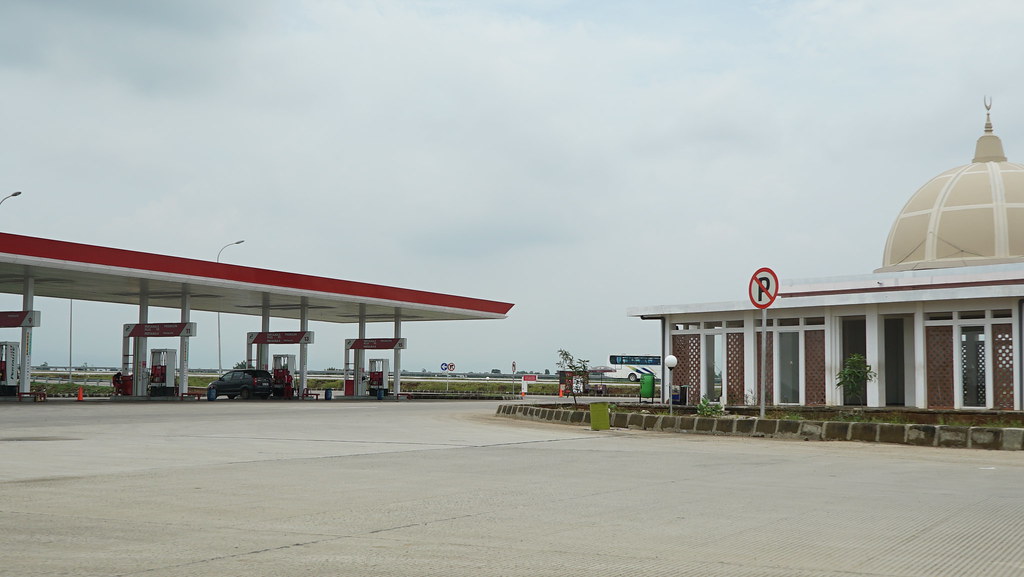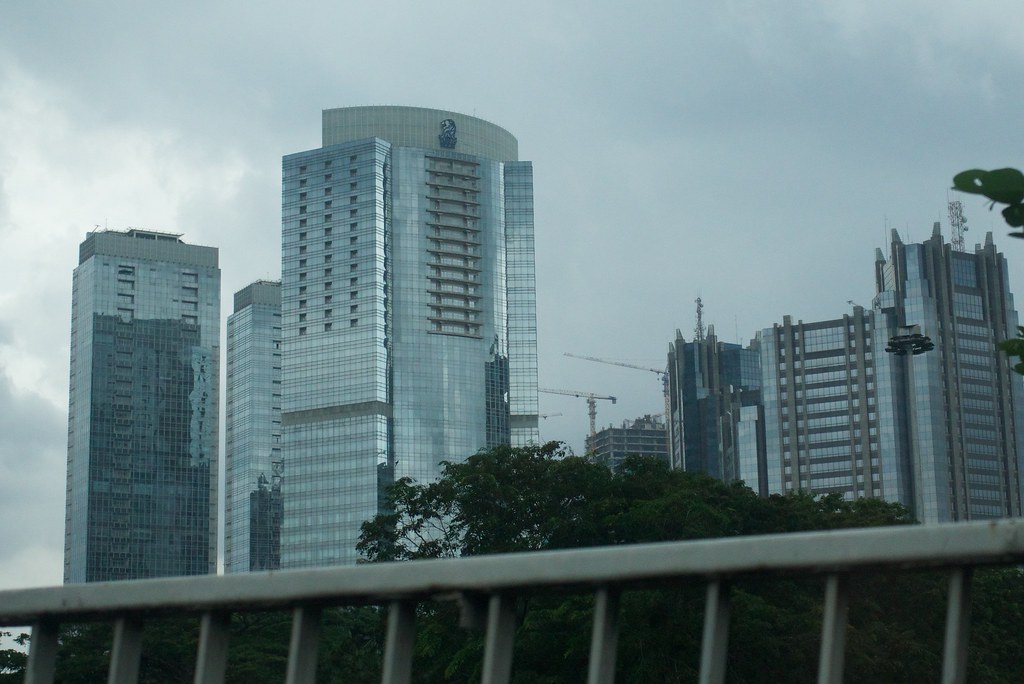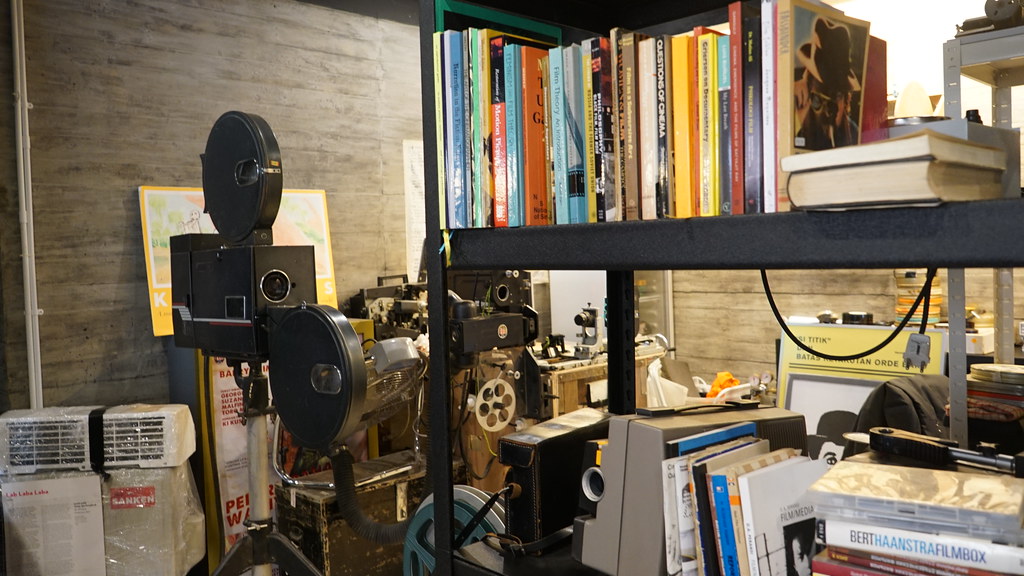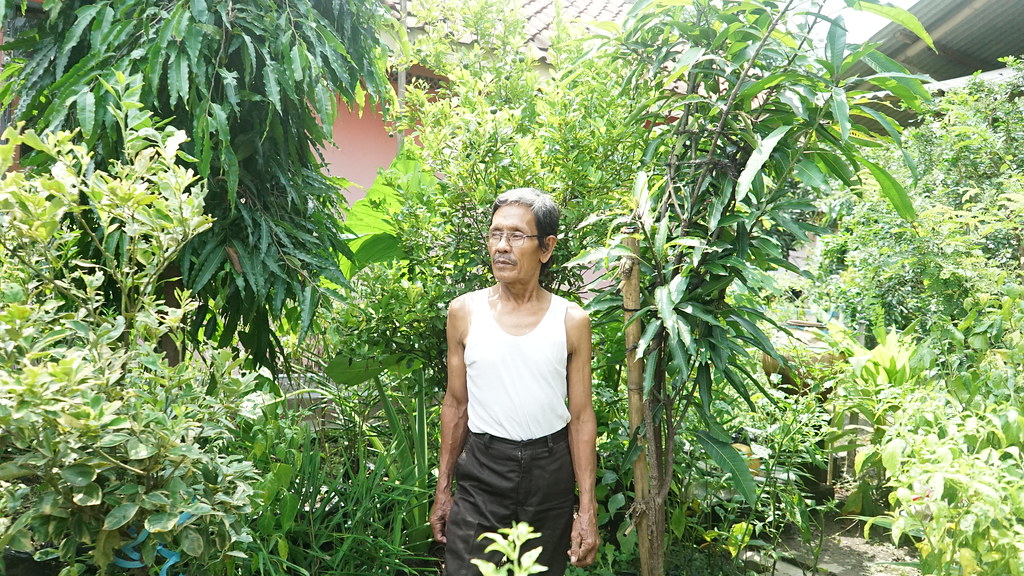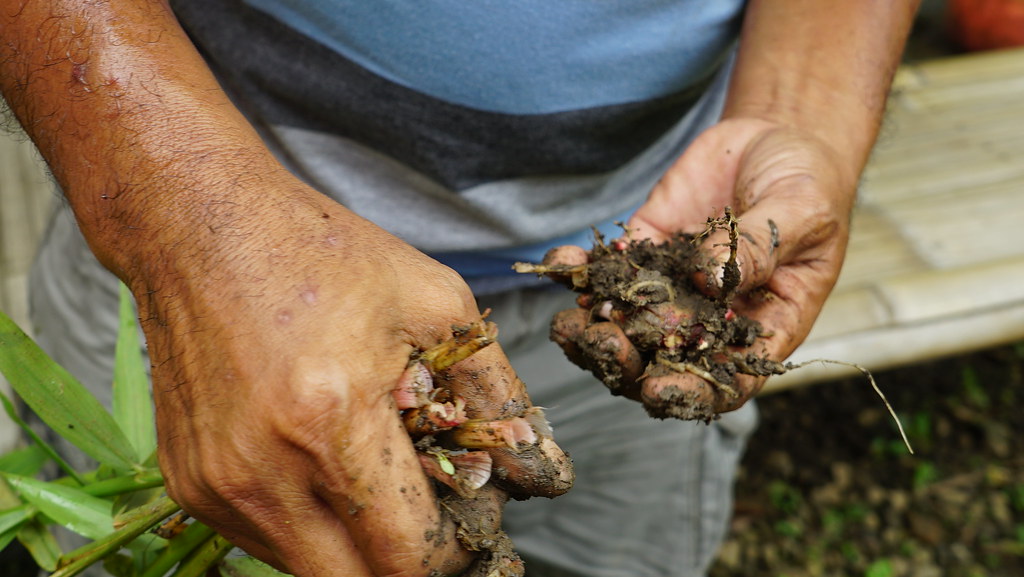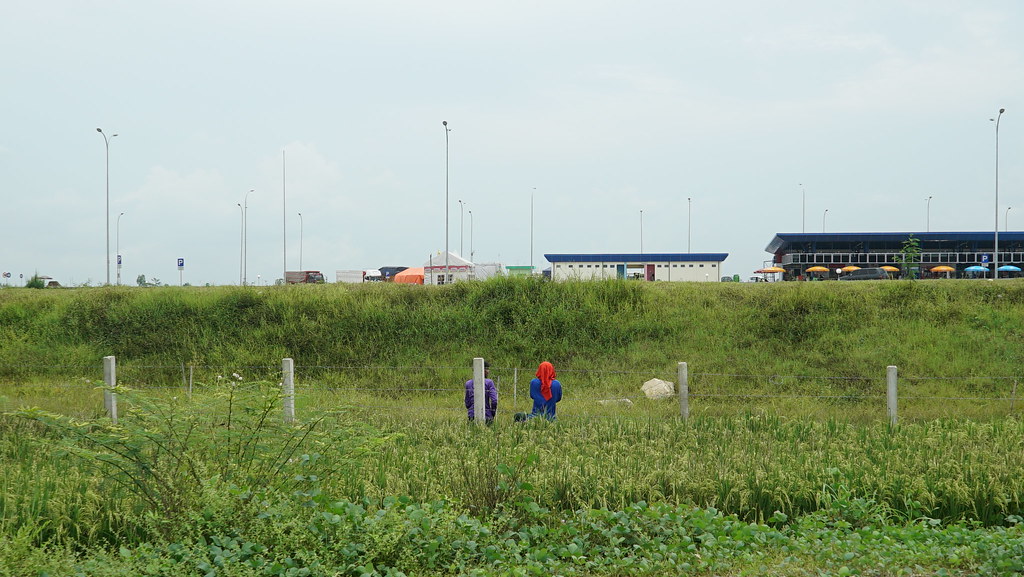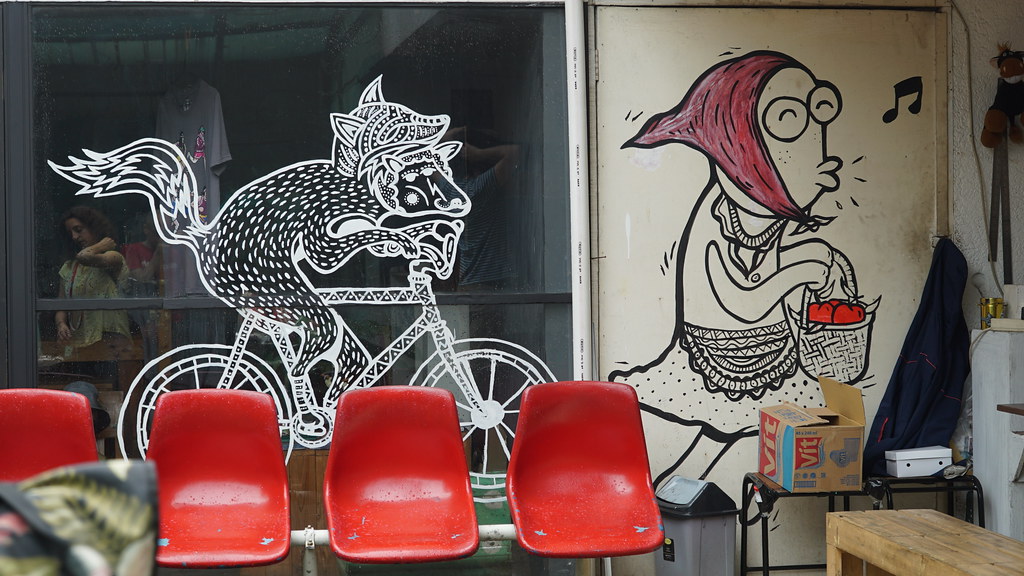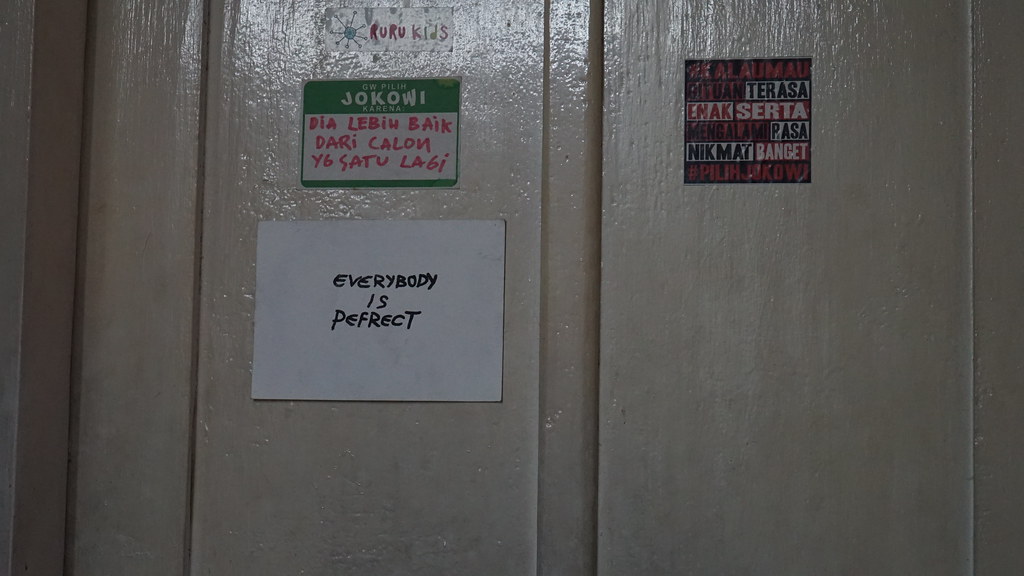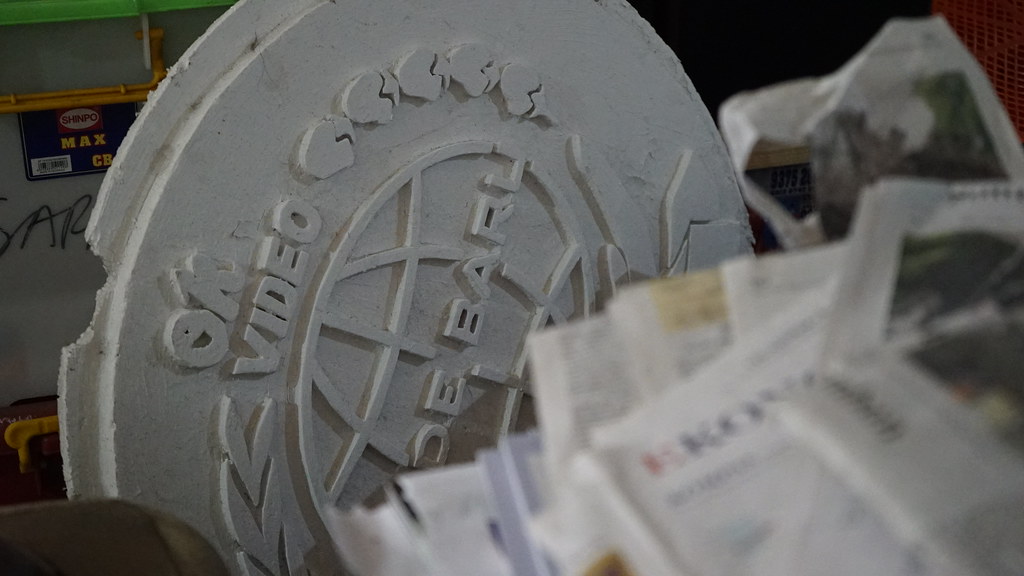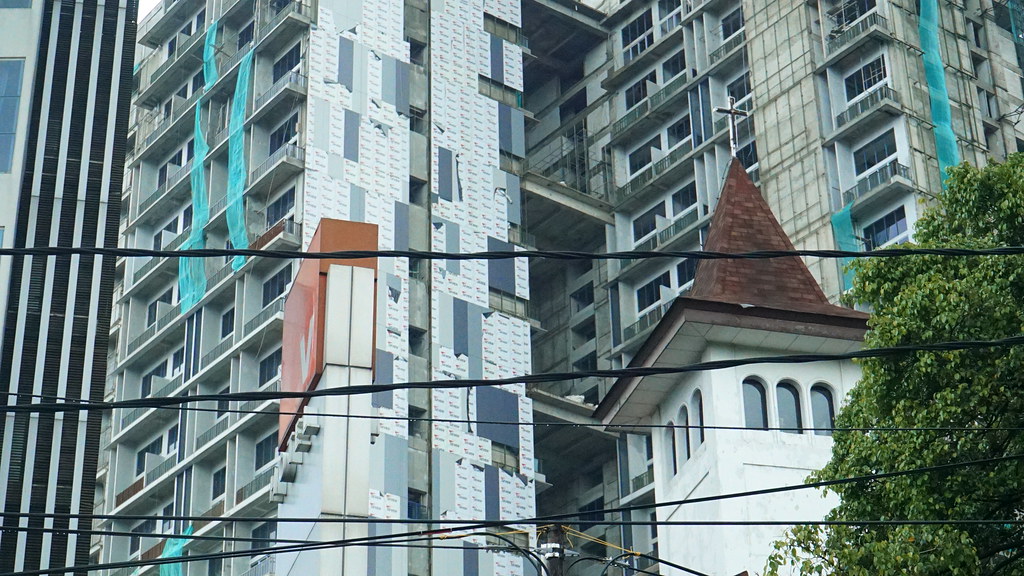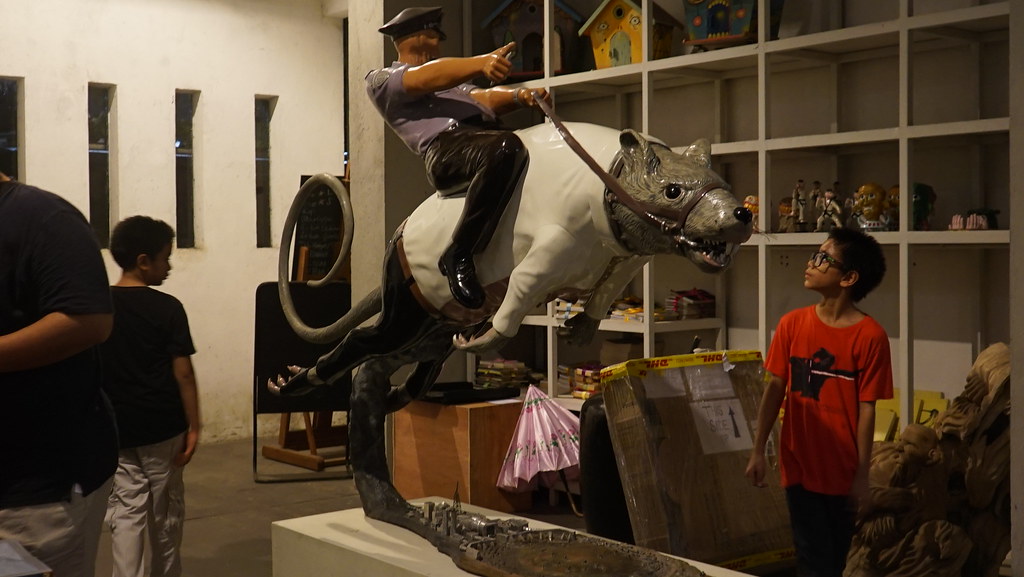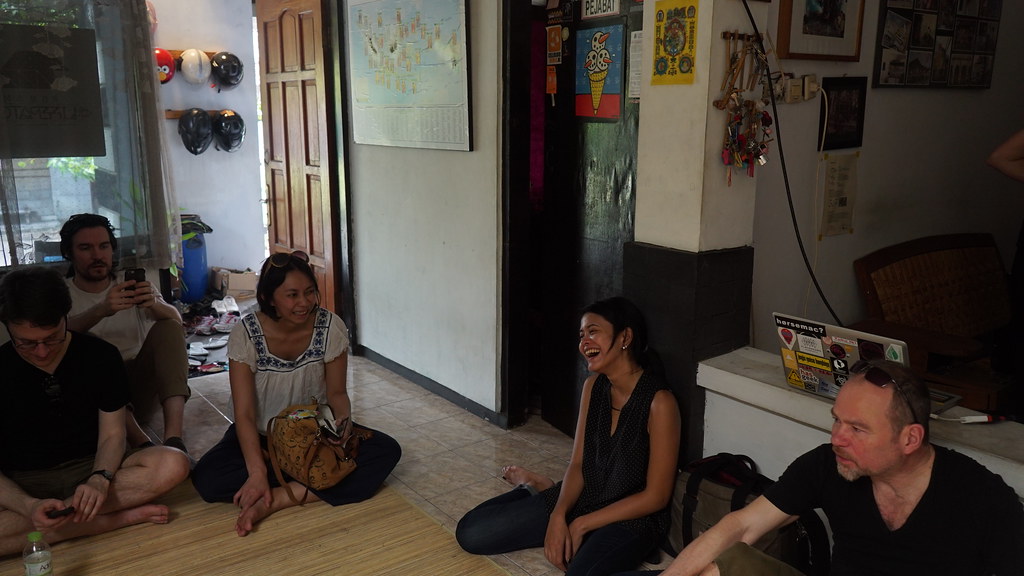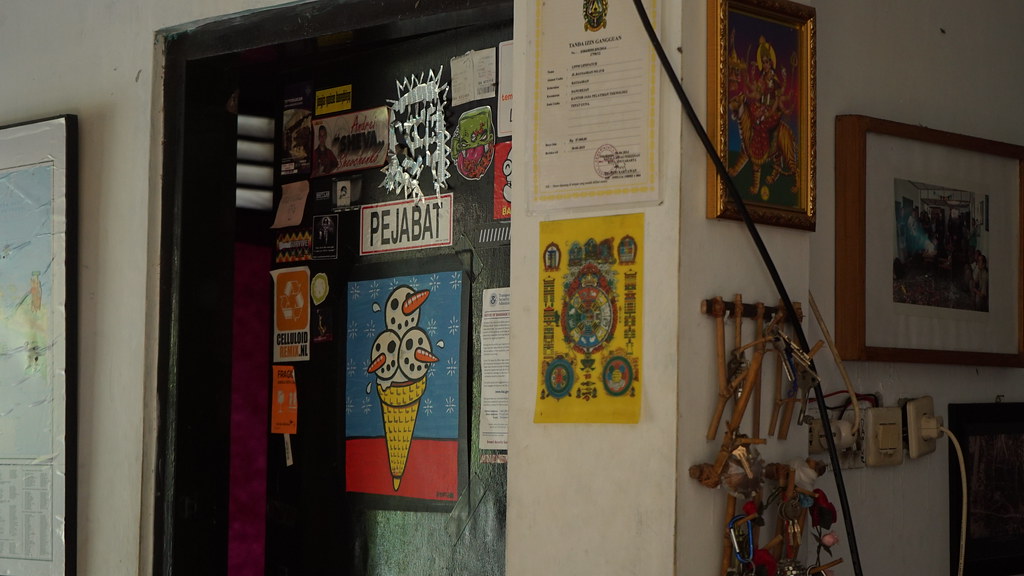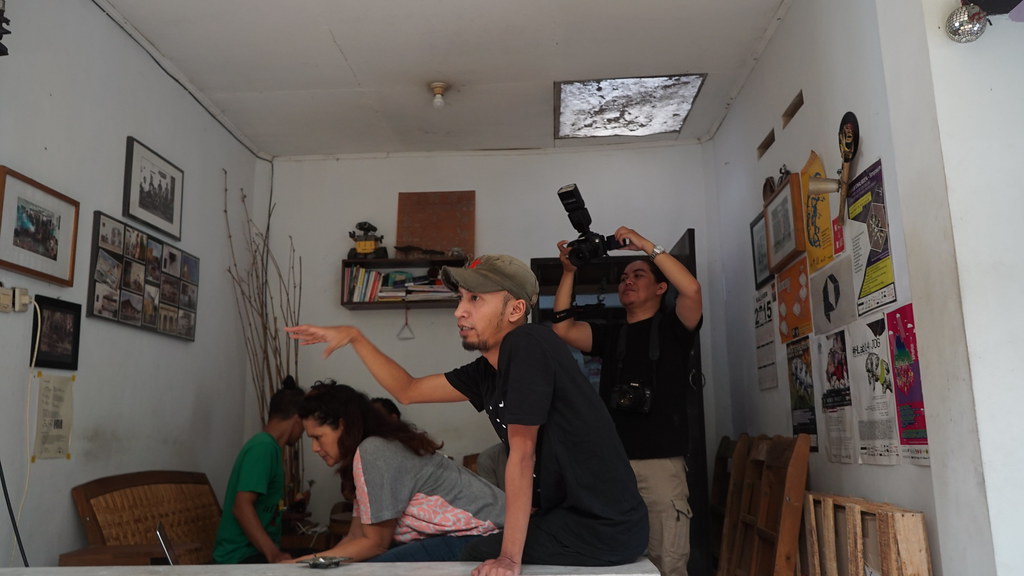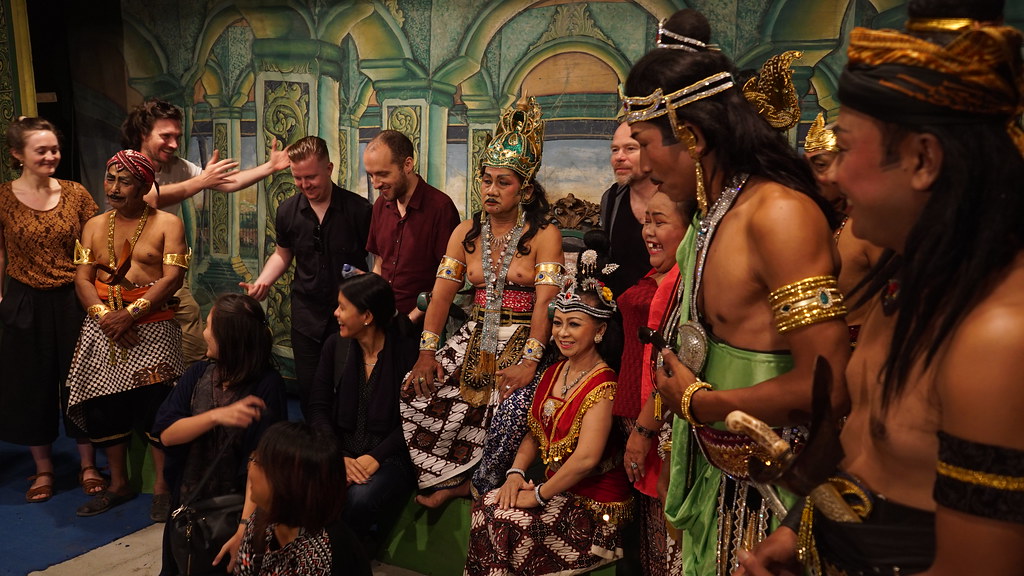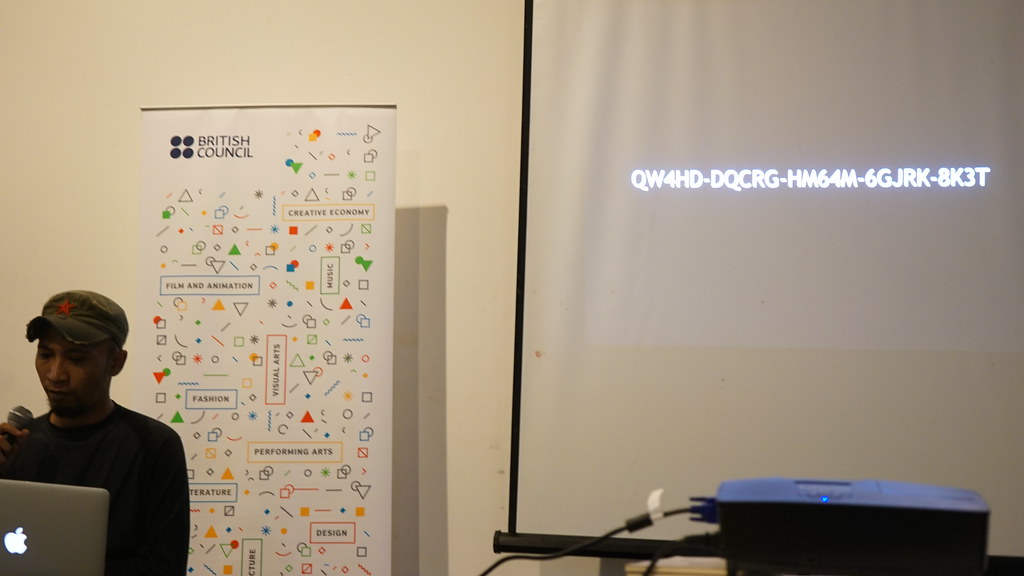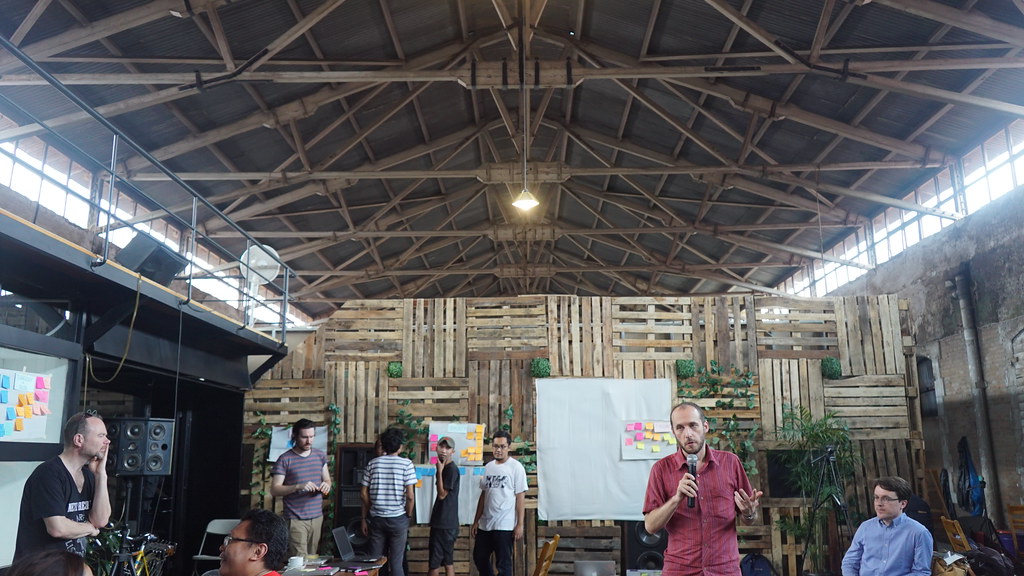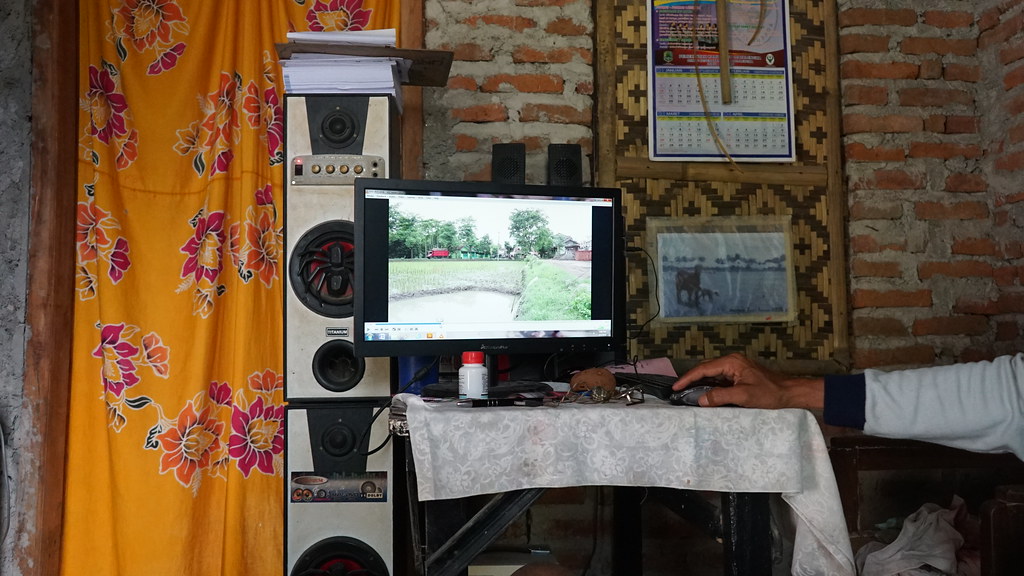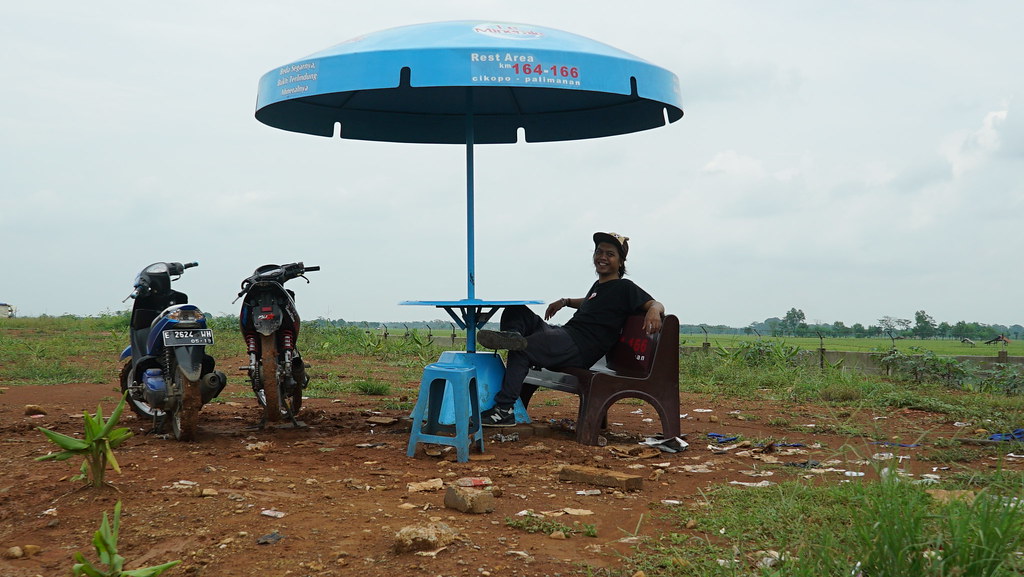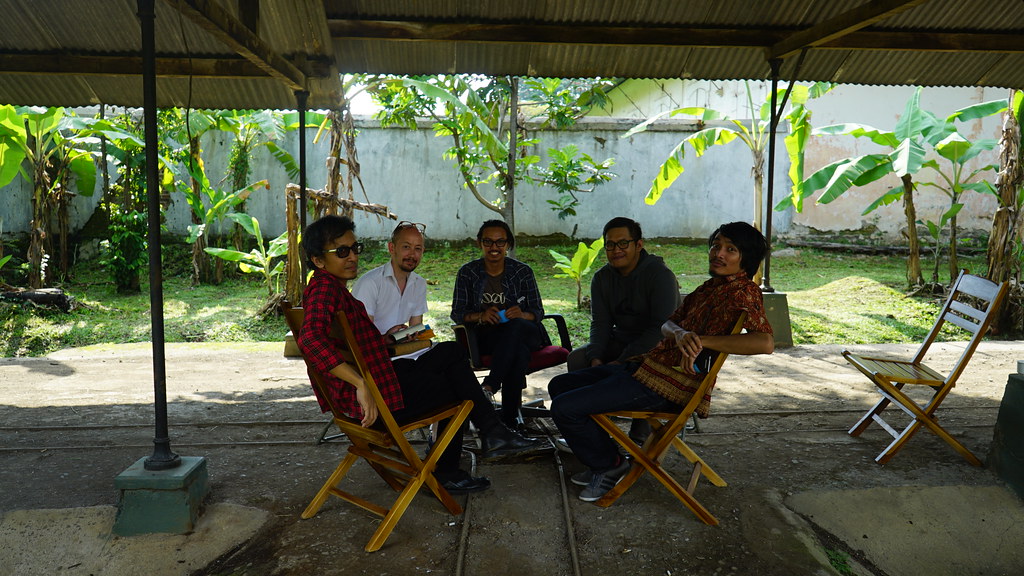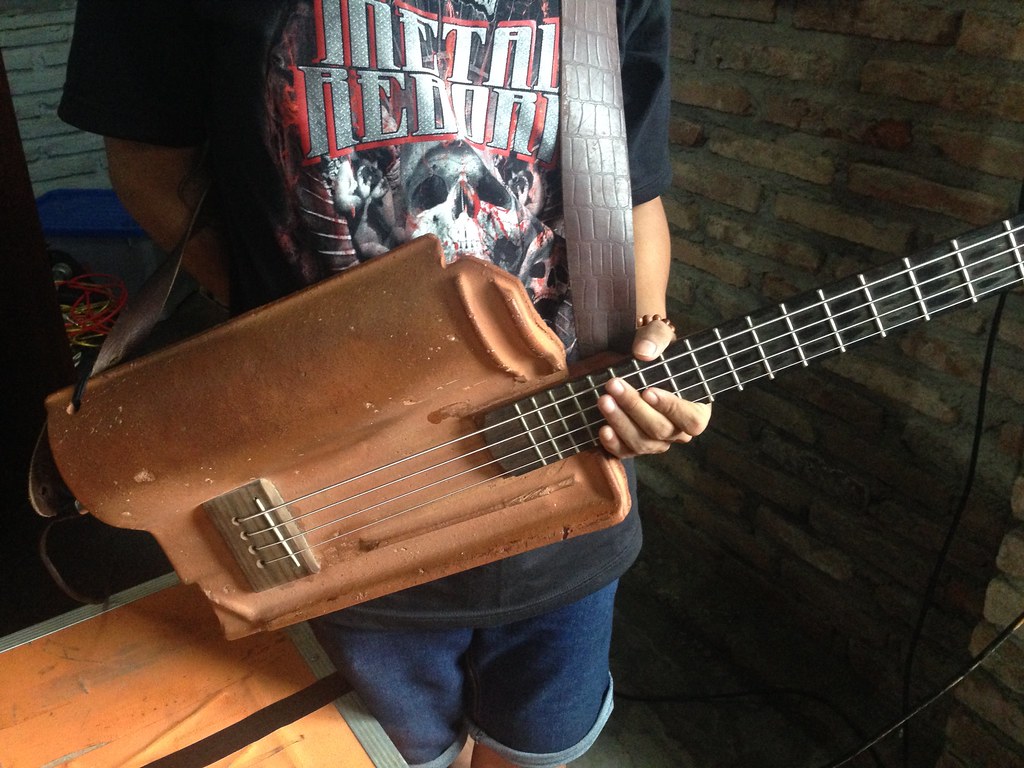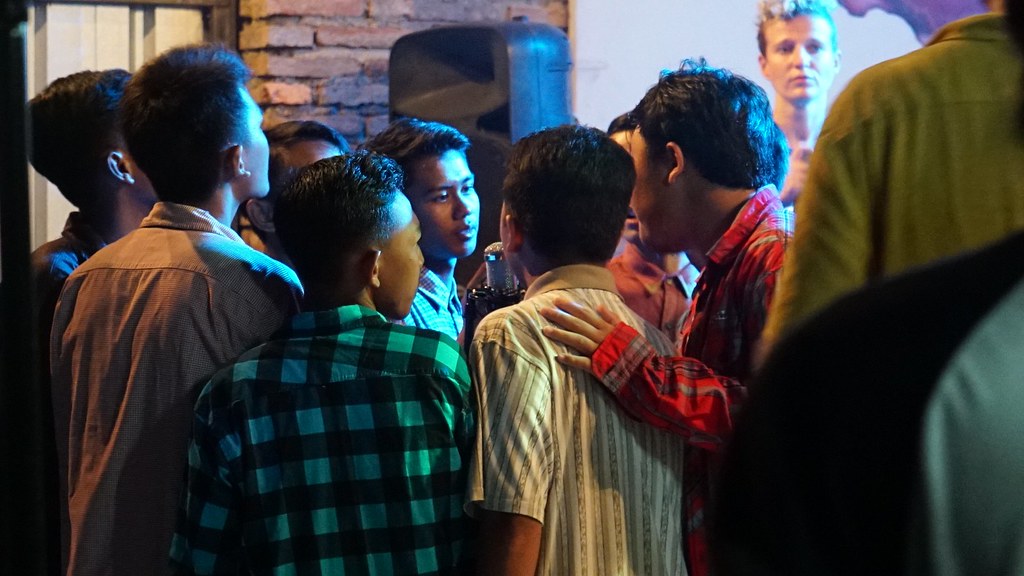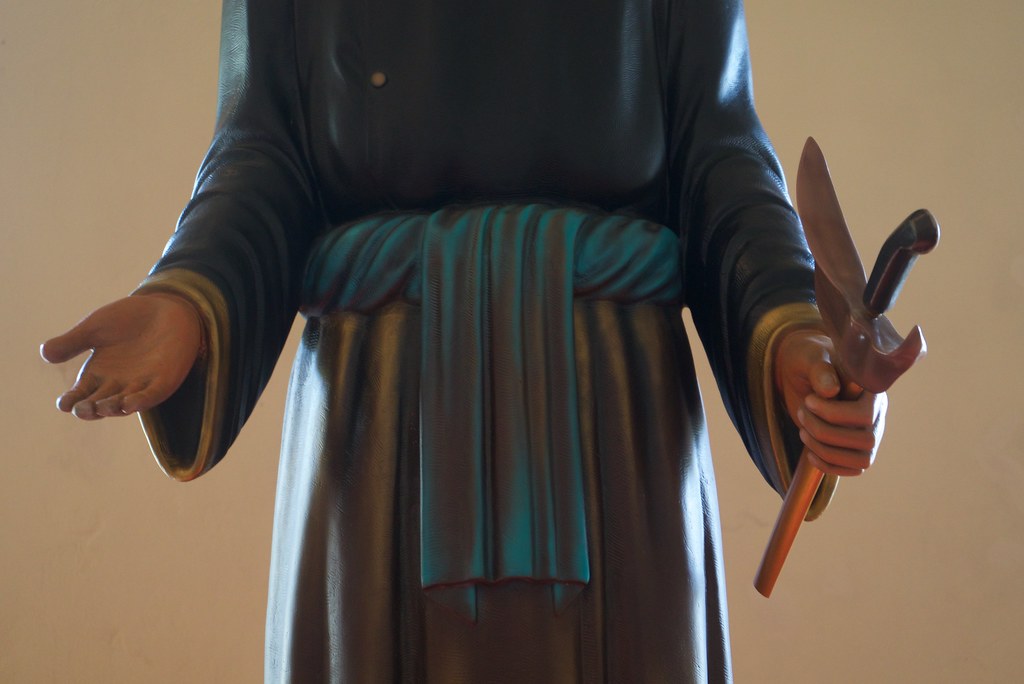Here’s a few images from my whirlwind introduction to Indonesia courtesy of the British Council. Alongside a group of seven from the UK, I travelled from the megacity of Jakarta to Yogyakarta to present some of Blast Theory’s projects and meet artists working with digital media, then to a short residency in the village of Jatiwangi and finally to Bandung to spend two days prototyping ideas for new projects.
Monumental apartment complexes appear to be the new norm in Jakarta. Sitting for hours in traffic on elevated toll roads, their construction can be seen repeating out of sight to the horizon. This expansion upwards is apparently remapping the city’s civic space; sucking the commons from the already congested street into the integrated malls that serve them and making the street an increasingly choking river of traffic.
In this context, Go-Jek – an app grown on the back of the traditional scooter taxi services in Indonesia – has taken on a pervasiveness which dwarfs the likes of Uber. Bringing everything from meals and masseurs to personal shopping services to your door. It demonstrates the speed that technology can transform everyday life.
Alongside established arts venues such as Salihara, we met Ruangrupa, the artists’ collective behind the Jakarta’s popular video art festival – OK Video – soon to be re-named OK Media. As well as the festival, the group run a gallery, workshops, a small shop and a radio station out of what looks like a house on a quiet residential street. They’re now about to take on a vast warehouse space in the city.
Meanwhile, tucked at the back of a book and coffee shop in the suburb of Kemang, we met Lab Laba Laba. A DIY film lab and micro cinema for ‘anyone interested in film’ – they have facilities for processing, projecting and digitally transferring film on site.
Given the enormity of the city and an apparent lack of civic space, both Ruangrupa and Lab Laba Laba appear to have found a practice hidden at street level that depends on networks of the curious to seek them out; each having grown a following of supporters, enthusiasts, practitioners.
Lifepatch – an artists’ collective based in Yogyakarta seem to have a similar appeal. They’re part of a network that explores the potential of everyday life to link creativity and activism. Andreas Siagian from Lifepatch presented an impressive array of projects from river walks incorporating water pollution studies to DIY synth workshops, giving examples of Indonesia’s take on improvised technology and the repair manifesto.
By contrast, Jatiwangi Art Factory (JAF), an arts centre in a village outside of Cirebon, mission is to strengthen face to face relationships and networks within their village. In their eight year history, they’ve invented an entirely new genre based on the district’s local ceramics industry and now organise an annual music festival, among many other projects, that has 5000 local school children playing homemade instruments (check out this amazing video).
Arief Yudi Rahman, the JAF’s gallery director counts the timespan of projects in decades – supporting community development through art to counter the inevitable battles which are expected to take place in the face of the development of a massive new international airport on the village’s doorstep.
Over a two days, Arie Syarifuddin introduced me to their work, including their garden project in a local neighbourhood, Wates. This has brought together villagers to experiment with hydroponics and reusing plastic containers to grow herbs and vegetables. The project now forms the backbone for community celebrations and a growing sense of identity in their collective dispute with the local army which is contesting their land rights.
Arie describes JAF’s approach in conflicts like this as ‘enabling government organisations to be helpful’ – a process of co-opting rather than confrontation; using playfulness and creativity as tools bring the government onboard.
The last stop was a two day prototyping session in Bandung with practitioners from across the country. Working with a group including Benny, Agus, Elian and Didit from WAFT, Sembilan Matahari and Labtek Indie respectively, our group tackled the issue of spirituality in contemporary culture.
In the context of consumer led technology, digital dependency and increasingly invasive tracking, our discussion raised the role and potential of domestic spaces and domestic networks as a site for creativity and activism. Taking the lead from JAF’s philosophy of co-opting, we asked whether technologies from machine intelligence to digital archiving could be co-opted to support domestic networks, to value and update local forms of wisdom, and to re-evaluate gender relations.
As a next step for the project, Blast Theory will be inviting an Indonesian artist to work at our studio in Portslade in 2017. Watch this space!
